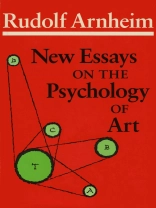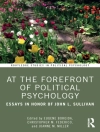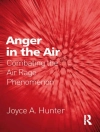Thousands of readers who have profited from engagement with the lively mind of Rudolf Arnheim over the decades will receive news of this new collection of essays expectantly.
In the essays collected here, as in his earlier work on a large variety of art forms, Arnheim explores concrete poetry and the metaphors of Dante, photography and the meaning of music. There are essays on color composition, forgeries, and the problems of perspective, on art in education and therapy, on the style of artists’ late works, and the reading of maps.
Also, in a triplet of essays on pioneers in the psychology of art (Max Wertheimer, Gustav Theodor Fechner, and Wilhelm Worringer) Arnheim goes back to the roots of modern thinking about the mechanisms of artistic perception.
Thousands of readers who have profited from engagement with the lively mind of Rudolf Arnheim over the decades will receive news of this new collection of essays expectantly.
In the essays collected here, as in his earlier work on a large vari
About the author
Rudolf Arnheim is Professor Emeritus of the Psychology of Art at Harvard University. For many years he was a member of the Psychology Faculty at Sarah Lawrence College, and he spent his last ten academic years at the University of Michigan in Ann Arbor, where he now lives.












